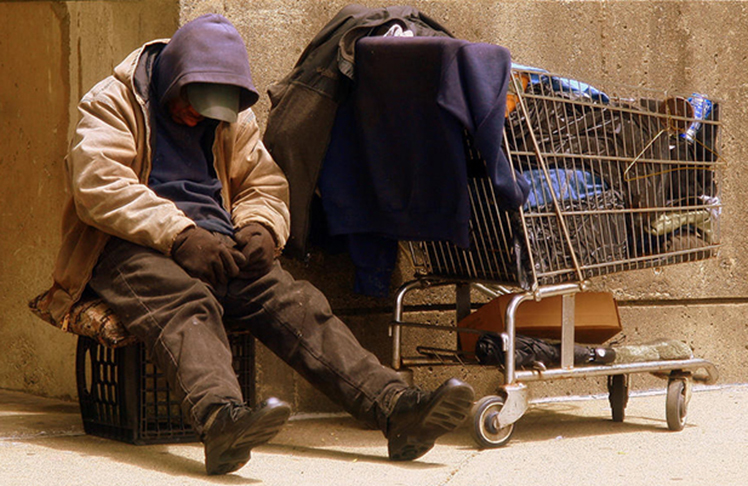
King County is looking to turn the corner on homelessness. It is estimated that between 2,100 and 3,300 people lived in cars on any one night over the four years before the pandemic. Today there is a crisis brewing. Leaders are now looking even more to get out in front of the issue. To curb this epidemic Salvation Army created a street team: Street Level.
It’s an idea that some are supporting. The Street Level program was developed from work by Maj. Phil Smith. Going to the problem was his strategy. He began taking a backpack-shaped coffee dispenser out on the streets of Seattle in 2017. Smith thought it would be better to bring caseworkers to people on the street rather than ask people on the street to come to the caseworker.
Taking real action is their way to address the issue. Seattle’s Salvation Army’s Street Level, comes in, knocks on a car window, talks to the person, and helps with anything from getting a new ID to fixing vehicles to getting a phone. A case worker comes back each week to check on them, eventually helping secure housing and a job, or welfare benefits.
“A lot of people like to ask what drives me,” a street team member said on a recent driving through South King County. “A lot of what drives me is the fact that if I had just one person come to me and do what I’m doing for all these folks out here, then I probably would not have gone through all the things that I went through in my life.”
The Salvationists mount vehicles and roll in with a caravan. This includes two King County Metro sheriffs in their patrol vehicles, and organizer in their vehicle branded “Street Level”. It must be a good site to see a van full of supplies of socks and clothing, Wi-Fi hot spot, printer, scanner and even a fax machine pull up to serve. Then like magic, a street team member jumps out wearing all black, a red “Salvation Army” shield and a red mask.
One Salvation Army organizer met an undocumented man who had been living for eight months in a white Ford sedan with no license plates. She and her crew got him a new ID and connections with a landlord she knows who doesn’t ask about citizenship status.
One 41 year old homeless woman was at a day shelter in Seattle last year when someone gave her the street teams’ number. The woman and her three kids had come to Seattle in November to get out of Fresno, California, where she’d struggled with drugs, and to live near her father, who had exited prison and was living in a halfway house. Salvation Army staffers got her connected to a job unloading trucks in a warehouse two days later, and into a new three-bedroom apartment — with a voucher for the first month’s rent before Christmas. “That’s when everything started to work,” the woman said. “That’s when everything started coming together.”
This is nothing new in the city. Seattle mayors have for years appointed special advisers and cabinet-level homelessness directors to try to reverse the metro area’s decades-long climb to third-largest homeless population in the country. This time may be different. CEO Marc Dones has been given more power and autonomy than anyone previously tasked with the challenge. His power includes gathering and demanding data, renegotiating contracts with nonprofits, redesigning strategies.



